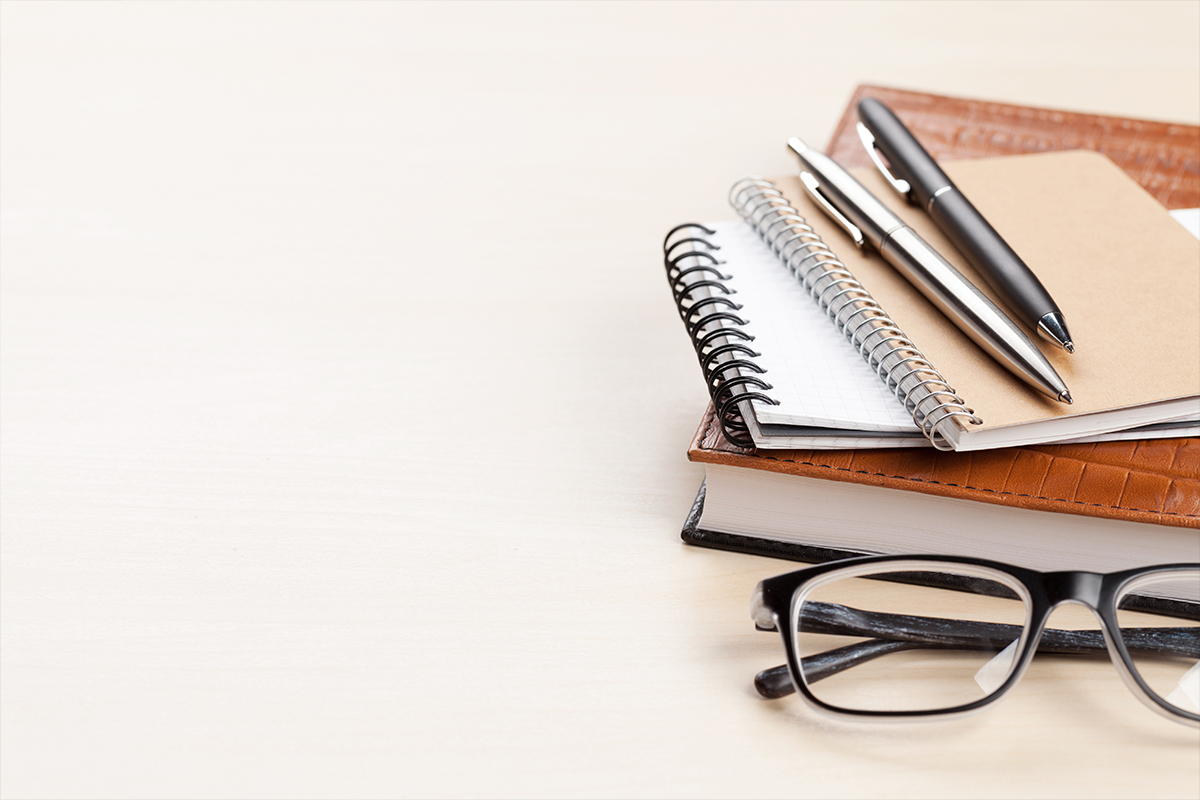How to establish a financial plan for small emergencies
Having a financial plan for small emergencies is essential to avoid the stress and uncertainty that unexpected expenses can bring. These emergencies can include minor home repairs, doctor visits, or appliance replacement. Having a specific fund for these types of situations will allow you to face them without compromising your monthly budget or going into debt.
The first step in establishing a financial plan for minor emergencies is to determine what unforeseen events you might face. While it’s not possible to predict exactly when they will happen, you can make a list of the most common situations that could arise, such as car repairs, electronic device replacement, or medical expenses. With this list, you can make a rough estimate of how much money you would need to save to cover each of these emergencies.
Once you have a clear idea of your potential expenses, the next step is to figure out how much you should save. Personal finance experts recommend setting aside 3% to 5% of your annual income for your emergency fund. If, for example, your annual income is $30,000, you should save between $900 and $1,500 a year, which is equivalent to between $75 and $125 a month. This money will provide you with a financial cushion for unexpected events without affecting your long-term savings.
One of the best tips for building a financial plan for small emergencies is to automate your savings. Opening a separate savings account exclusively for emergencies and setting up automatic transfers from your main account is an effective way to make sure you don’t forget to make your monthly contributions. Even if it’s small amounts, consistency is key to building up an adequate fund over time. By automating your savings, you avoid the temptation to spend that money on other things.
Another important strategy is to prioritize building this fund before embarking on other larger financial goals, such as long-term investments. Often, people underestimate the importance of having an emergency fund until they face an unforeseen situation. While saving for retirement or investing in real estate is essential, having a financial plan for small emergencies protects you from having to use high-interest credit cards or take out loans that could destabilize your financial situation.
It’s a good idea to periodically review your emergency plan and adjust it if necessary. As your personal and financial circumstances change, your emergency needs may change too. For example, if you purchase a property, you may need to increase your fund to cover repairs and maintenance. Similarly, if you have children, you may need more money for health-related or educational emergencies.
Another aspect to consider when setting up your financial plan for small emergencies is access to liquid funds. Make sure that the money you set aside for this fund is readily available. While it is tempting to invest the money to earn a return, the most important thing is that you can access it quickly and without penalties in the event of an emergency. Opting for a savings account with a moderate return but no withdrawal restrictions is a safe option.
A good plan also includes reviewing your monthly expenses and making adjustments to free up money to put toward your emergency fund. Cutting unnecessary expenses, such as subscriptions to services you don’t use or reducing the frequency of your restaurant outings, can help you save more quickly. By making small sacrifices in your everyday lifestyle, you’ll be able to build up your emergency fund in less time without feeling like you’re sacrificing too much.
In addition to having a financial plan for small emergencies, it is advisable to have other financial protection tools, such as insurance. Having health, car or home insurance can cover a large part of the expenses related to larger emergencies, allowing you to allocate your emergency fund exclusively for minor expenses that are not covered by these insurances. This will help you manage your budget more efficiently and ensure that your savings are not compromised by unexpected expenses.
Once you’ve established your financial plan for small emergencies, it’s important to resist the temptation to use these funds for purposes other than emergencies. The main purpose of this fund is to be prepared for the unexpected, and using it for non-essential expenses could leave you short of resources when you really need them.
Creating a financial plan for small emergencies is a proactive and essential measure to protect your personal finances. Establishing a specific emergency fund, automating your savings, and prioritizing this plan in your financial strategy will give you security and peace of mind. Being prepared for the unexpected will not only avoid financial stress, but will also allow you to face any situation with greater confidence.

